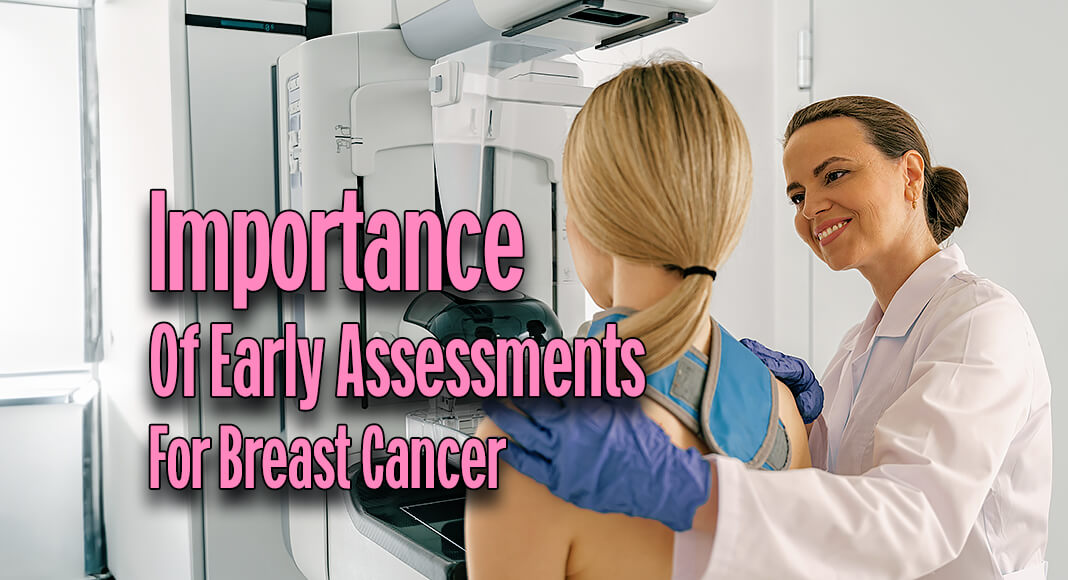
Mega Doctor News
CLEVELAND CLINIC – October is Breast Cancer Awareness month.
Breast cancer is the second most common cancer for women in the United States.
It’s also why it’s now recommended that all women get a breast cancer risk assessment when they turn 25, especially those with a family history.
“Breast cancer screening should be highly individualized, just like all medical care should. So, there are a few different things we look at, like your age, if you have a family history of breast cancer, and what was the age of the youngest person diagnosed. And all of that tells us which pathway to set out on,” explained Erica Peters, MD, breast surgeon for Cleveland Clinic.
Dr. Peters said for the average woman with no family history of breast cancer or other risks, they should start getting mammograms at 40.
However, if a woman is at higher risk and depending on their age, they may have to start up to ten years earlier.
Dr. Peters said for anyone younger than 30, they will typically decide on a case-by-case basis.
So, what if a woman doesn’t know their family history?
She says there is genetic testing available.
“Family histories can be complicated. So if there’s a question, a concern, especially if we have a patient with a breast cancer diagnosis that we’re uncertain of family history, we have a wonderful team of genetic counselors that we work with that can help determine if our patient should have genetic testing, determine if their cancer is genetically associated and if that mutation would affect their breast cancer treatment,” said Dr. Peters.
Dr. Peters notes that most breast cancers are random and only about 5-10% are caused by genetic factors.
With that being said, early screening is crucial for those individuals.










